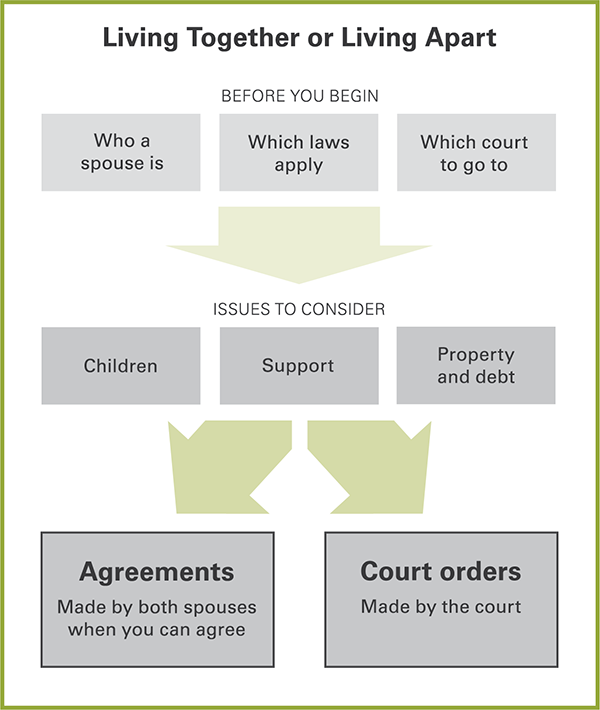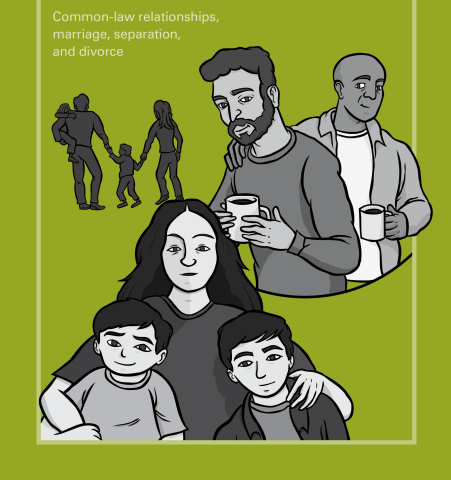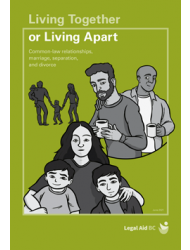If you’re in immediate danger, call:
911, police if you’re in immediate danger or if you’ve been hurt. If your area doesn’t have a 911 service, call your local police emergency number or the RCMP. If you don’t speak English, ask 911 for an interpreter.
1-800-563-0808, VictimLinkBC (24 hours a day, 7 days a week) for support services in many languages and to find a transition house. Transition houses, sometimes called safe houses or shelters, are places where you can go if you’re in danger. Transition houses offer their services for free.
211 to get information from BC211 about support services in your community. BC211 is available province-wide.
Talk to a lawyer. You might want to get a protection order if you’re afraid for your safety or your children’s safety and want to keep your partner away. If you can’t pay for a lawyer, you might qualify for a legal aid lawyer to take your case. When you apply, tell Legal Aid BC, say you’re leaving an abusive partner.
See Help from a lawyer for how to contact Legal Aid BC to apply for legal aid.
Get free help from family duty counsel. If you don’t qualify for your own legal aid lawyer, you might get some help from family duty counsel. Duty counsel are lawyers who provide limited free help to people with low incomes who have family law problems. Duty counsel give you legal advice or speak on your behalf in court on simple matters. But, they can’t take on your whole case or represent you at a trial.
See Help from a lawyer for contact information.
Get free legal information. Read Legal Aid BC’s free online family law resources.
See the Family Law in BC website. This website has step-by-step guides to legal processes, information pages, illustrated stories, videos, and other ways to help you learn about and settle family law issues, including:
- separation and divorce,
- guardianship,
- decision-making responsibility and parenting time,
- parenting arrangements and contact, and
- child support and spousal support.
This resource explains the basics of family law in BC. It includes information about:
- types of relationships,
- what to do if you decide to separate,
- how to work out agreements before you live together, while you live together, or after you separate,
- how to work out parenting arrangements and child support if you have children,
- how to sort out other money matters,
- what happens if you go to court,
- how to get a divorce,
- specific concerns if you’re a newcomer (immigrant) to Canada, and
- where to get legal help.
The information applies to non-Indigenous families and Indigenous families in BC.
Family law can be complicated. But with the right information and help, you can solve many issues on your own without going to court. This resource explains your options and where you can go for help.
Finding out your options is a positive first step. Many free and low-cost legal services are listed at the end of this booklet to help you decide what to do.
Indigenous peoples
This resource uses the word Indigenous, which includes Status and non-Status Indians, First Nations, Métis, and Inuit people.
What you need to know


